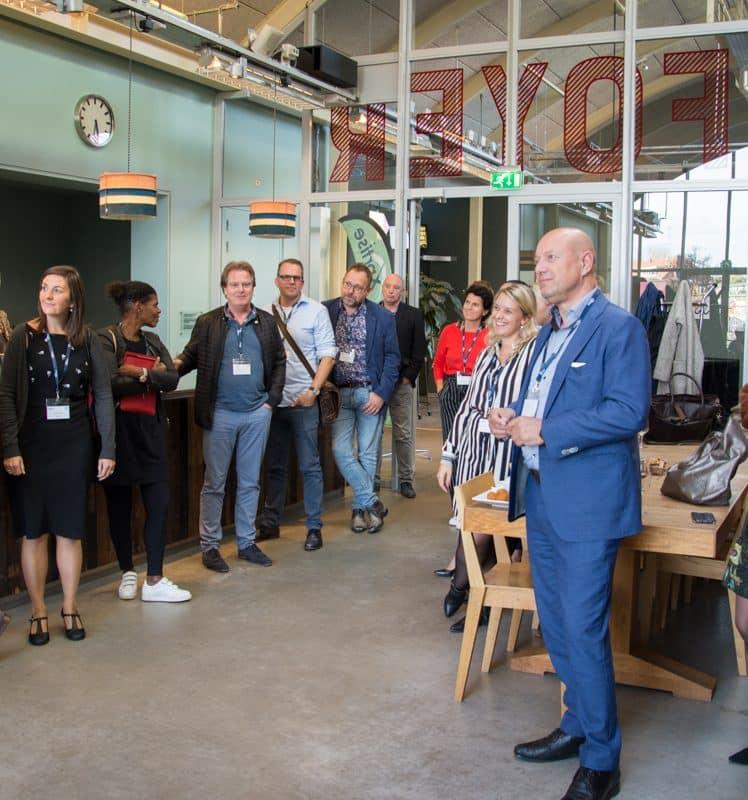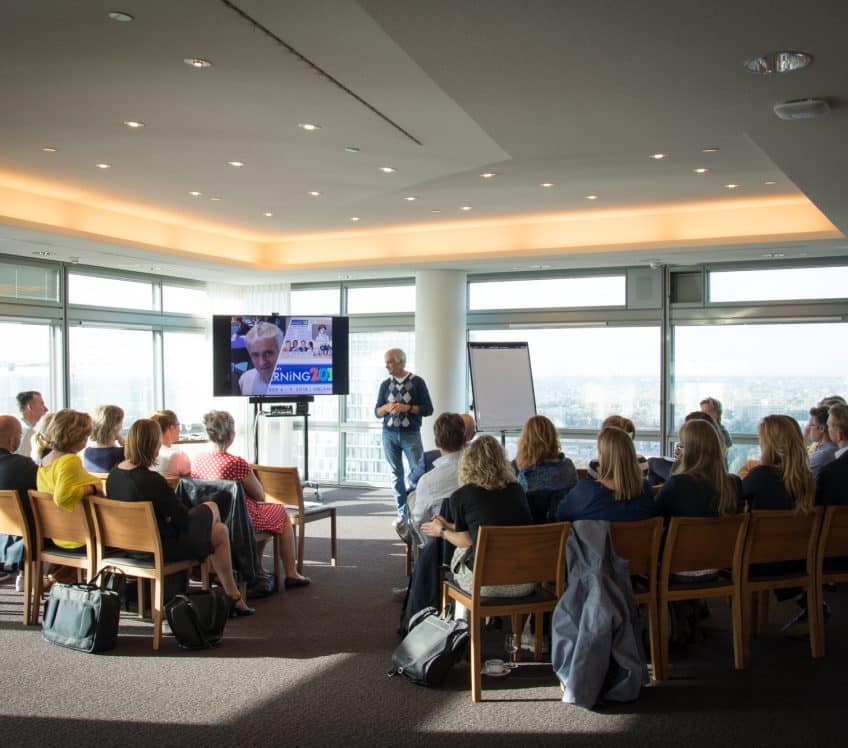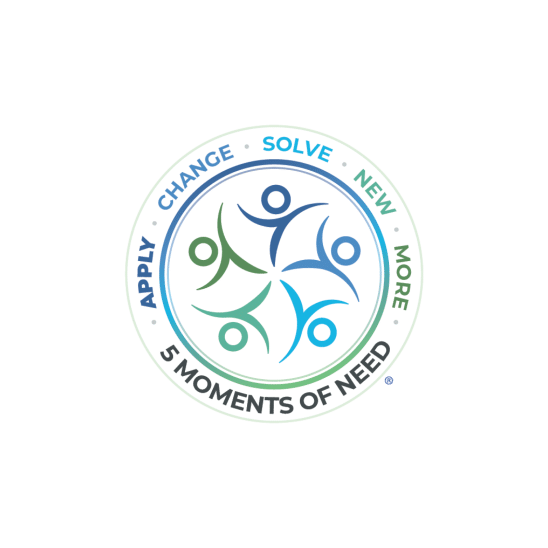We are Xprtise
We are performance-focused learning consultants with experience across just about every industry. We are focused on impact by designing the right solution for the right need. We look to embed and enable knowledge and learning in the workflow, leading to performance improvement that can be seen and measured.

At Xprtise, our experts make the difference. All of our team members are trained in educational or training development, giving them the knowledge and experience to create effective learning solutions. The strength of our approach lies in the methodology behind our solutions.
Our consultants possess the necessary consulting skills and project management capabilities, allowing them to guide complex projects smoothly and successfully. We approach projects based on the principles of workflow learning and the 5 Moments of Need framework, taking a practical approach from a visionary standpoint to achieve sustainable results.






5 Moments of Need® methodology
The 5 Moments of Need® methodology is a practical model for achieving a higher performance. The five moments of learning need are: (1) When you learn something for the first time, (2) when you want to learn more, (3) when you try to apply and / or remember, (4) when something goes wrong and (5) when things change. In this approach learning is linked to the performance of the employees which makes the return on learning immediately measurable.

Contact us
Questions about workflow learning solutions? Contact us! If you have a general inquiry; complete the fields in the contact form and we will be happy to respond as soon as we can.


